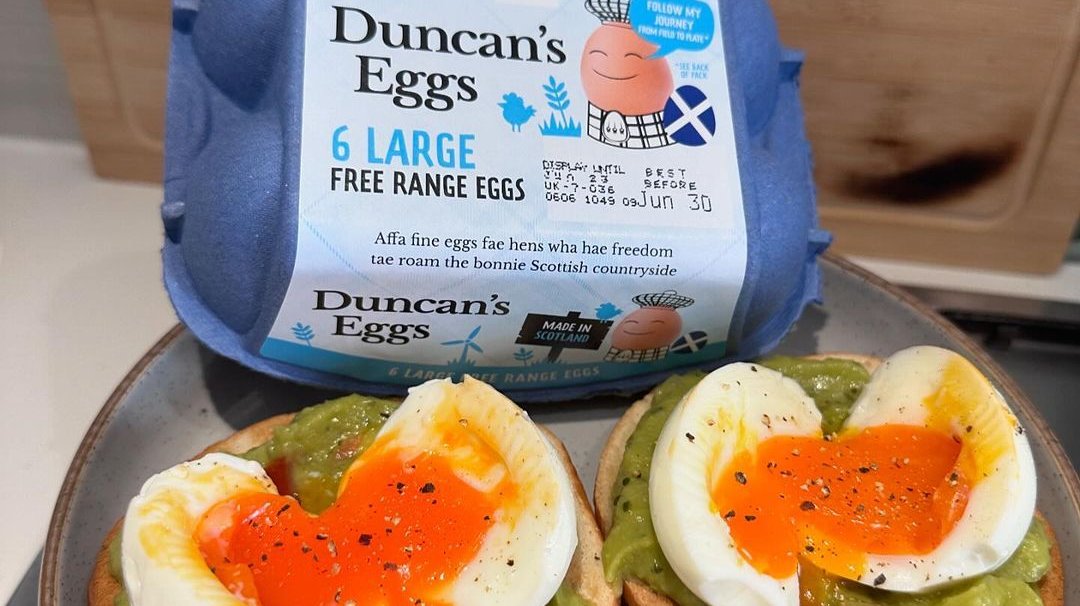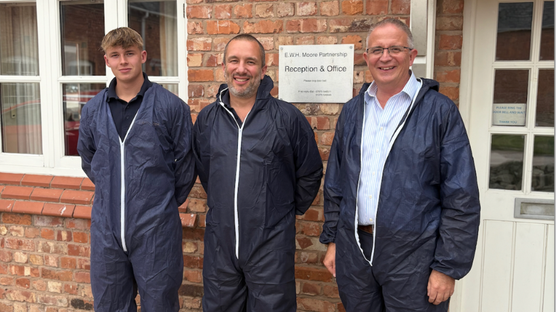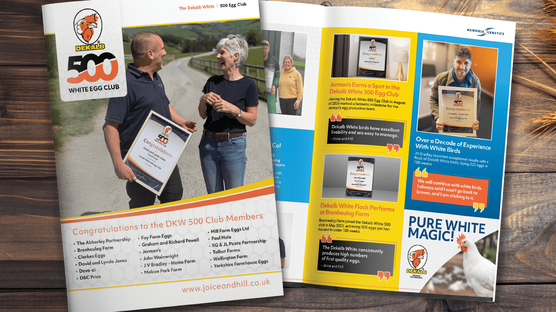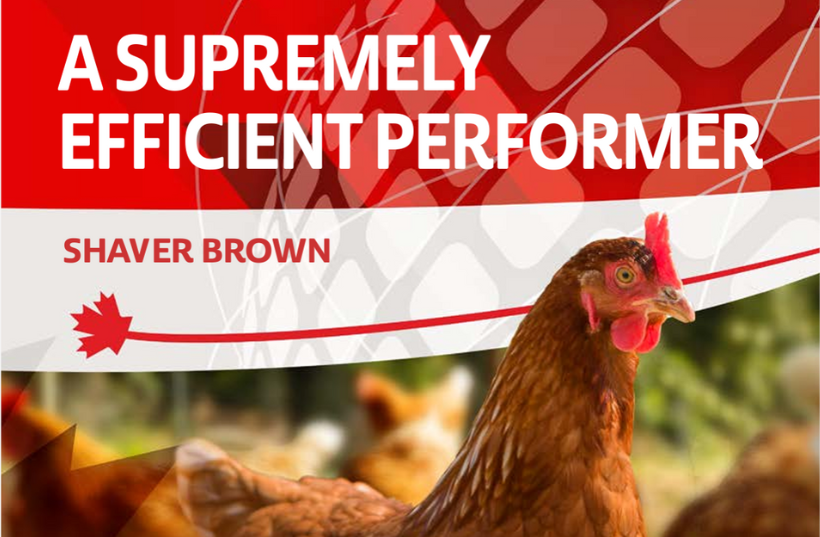
Published on July 22, 2024
Alistair McBain Of Duncan Farms Shares His Enthusiasm For The Stalwart Of Their Free-range Output
The Shaver Brown - a very reliable free-range bird!
Founded by Fred Duncan, Duncan Farms is based in the Aberdeenshire countryside. Egg production began in 2011 with a colony unit housing 300,000 birds, and the business is now grading just under 5 million eggs per week - supplying Lidl GB, M&S and Morrisons.
Free range production started in 2015 and Duncan Farms now houses 460,000 free-range birds - of which 250,000 are Shaver Browns, hatched by Joice and Hill.
“We have been using Shavers for approximately 6 years” Alistair McBain, Farm Operations Manager explains. “The birds are housed on 5 single-age sites, on multi-tier Big Dutchman systems, and we find the Shaver to be a very reliable free-range bird! We like the combination of low floor eggs combined with excellent production, predominantly large eggs, good feather cover and their ability to maintain good shell quality at end of the cycle, as production cycles lengthen.
“We are currently taking our Shaver Browns to around the mid 80 weeks mark. Our retail customers recognise that longer cycles contribute to a lower carbon footprint and improved welfare, but the main driver is the simple fact that we know the genetic potential is there!”
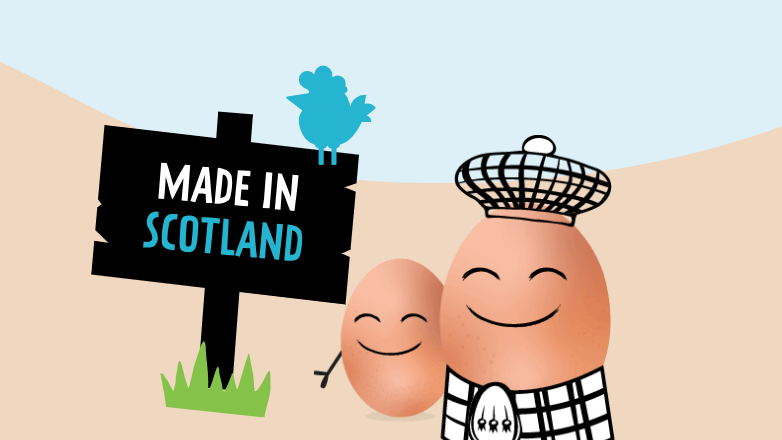
Alistair has been with Duncan Farms for three years and is keen to acknowledge the support he receives from Joice and Hill Area Technical Sales Manager, Maurice Salmond.
“Maurice is always available to answer questions, and makes the effort to come and see us, especially when the chicks come into the rearing sheds. His experience has been particularly helpful to some of our less experienced producers, and he has helped them along with their first flocks.” Alistair says.
“In partnership with nutritionists from Harbro, we monitor feed intake and body weight closely to make sure we are getting the best from the Shaver birds. We also have a great team and that makes a big difference to the results we get. Good husbandry is key, and they are fastidious in cleanliness, attention to detail and observing a solid routine.”
The Duncan Farms business is based on a fully integrated model, housing flocks in their own production units as well as a growing number of contract producers. They have the capacity to rear all their own chicks, and supply 90% of their cereal feed needs from their own arable farms, buying in the rest locally.
“Some of the most interesting trials we are carrying out are reduced soya and soya free feed regimes. These are proving successful, and we are now growing faba beans on our arable farms to reduce the dependence on soya and reduce our carbon footprint.
“We are optimistic about the future, which is reflected in our investment plans, packing centre expansion and our search for new contract producers. We are now focusing on free-range expansion, which will include flocks of Dekalb White birds to replace our colony flocks and provide an alternative value line for our retail customers.” Alistair explains.
